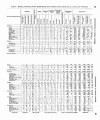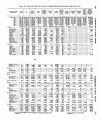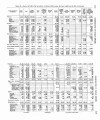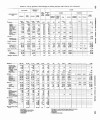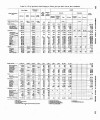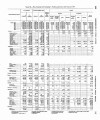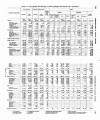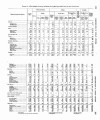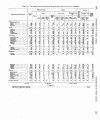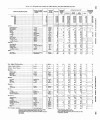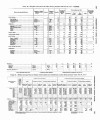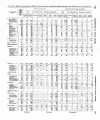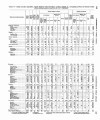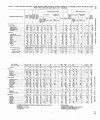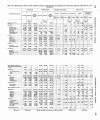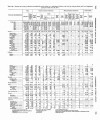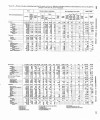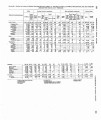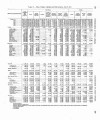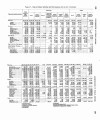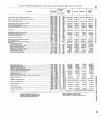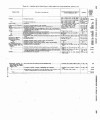| OCR Text |
Show 58 COMMISSIONER OF INDUN AFBAIRS. member of the Kiowa, Comanche, and Apache Tribes of Indiana of Oklahoma, in lieu of all claims to any allotment of land or money settlement in lieu of an allotment did not give any right which could . not be divested by a repealing act, and that the act of December 19, 1910 (36 Stat. L., 887), repealing the act of June 17, 1910, supra, was valid. United State v. Bessie Wildeat et aZ. (decided by the United States Supreme Court May 21,1917).-This action was begun by the United States in behalf of the Creek Tribe of Indians against Bessie W'idcat and others, heirs of Barney Thlocco, a full-blood Creek Indian, to obtain cancellation of the allotment certificate and deeds for his allotment of 160 acres. It was held by the wurt that a decision by the Dawes Commission, where it proceeded in good faith to determine the matter and to act upon information before it, not arbitrarily, but according to its best judgment, that a person was entitled to enroll-ment under the provisions of section 25 of the Creek agreement of March 1, 1901 (31 Stat. L., 861, 870), upon the approval of the Sec-retary of the Interior should be finally concluded and the rights of the parti- forever settled, subject to such attacks as could success-fully be made upon judgments of this character for fraud or mistake. The court stated that the district court rightly ruled that the Govern-ment had not offered evidence competent to impeach the validity of the commission's action and thus to invalidate the title subsequently conveyed by the patent to Thlocco with the approval of the Interior Department. 7JnitdState.s v. Joyce (210 Fed., 610) (decided by the Circuit Court of Appeals, Eighth Circuit).-It was held in this case that where an Indian entered public lands as a homestead under the act of July 4, 1884 (23 Stat. L., 76, 96), which provided that the patents issued thereunder should be of the legal effect and declare that the United States does and will hold the land thus patented for the period of 25 yeas, in trust, etc., the mere absence of the required declaration from the patent does not change the legal effect of the patent, and that the various vendees of the land in question were all charged with notice of the restrictions. Hopkins et al. v. United States (325 Fed., 95) (decided by the Circuit Court of Appeals, Eighth Circuit).-It was held in this case that the surplus allotment of a three-qnarter blood Creek Indian, who was a minor when the act of May 27, 1908 (35 Stat. L., 312), became effective, was subject to the restrictions against alienation and encumbrance prescribed by that act, after she had reached her majority. LEGISLATION. The Indian appropriation act approved March 2, 1917, cal~ied appropriations for the expenses of the Indian Service aggregating |






















































































